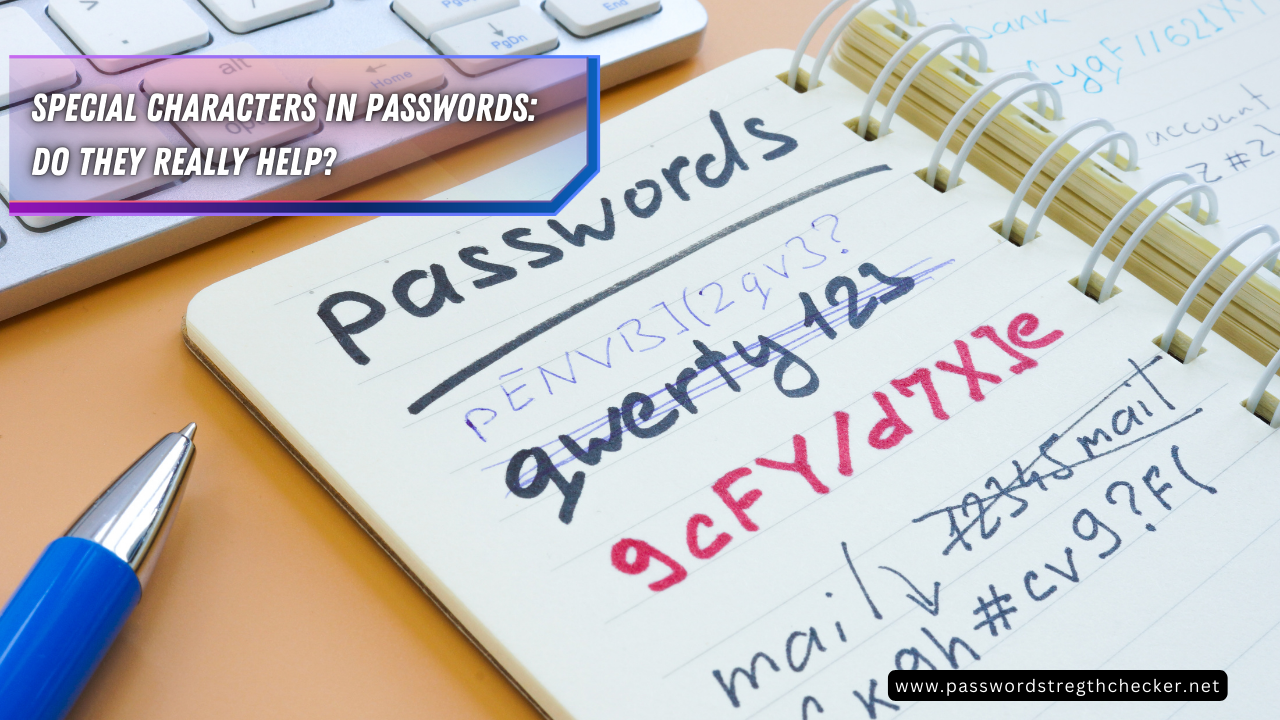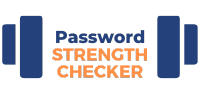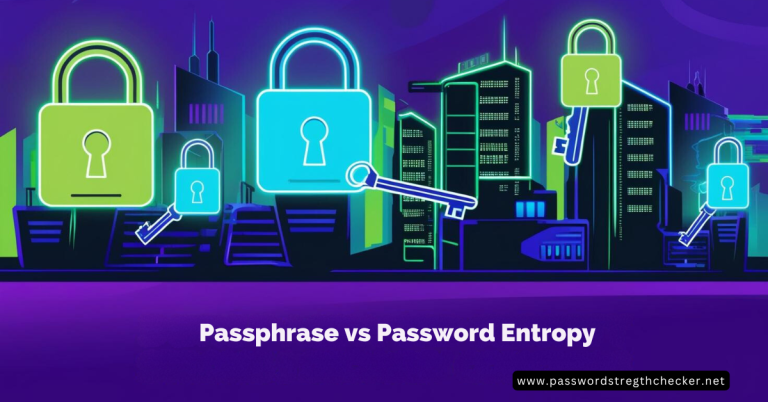Book Appointment Now

Special Characters in Passwords: Do They Really Help?
I used to think adding a ton of special characters to my passwords was the ultimate security hack. I mean, how could anyone crack a password like “Tr0ub4dor&3” or “P@ssw0rd!”? Turns out, I was completely wrong.
After years of working in cybersecurity, I’ve learned that the conventional wisdom around special characters and passwords is actually a myth. In this article, I’ll debunk the special character obsession and share better ways to strengthen your passwords.
The Rise of Special Character Password Requirements
Back in the early 2000s, password guidelines from organizations like the National Institute of Standards and Technology (NIST) started mandating the use of special characters. The logic was that adding symbols, punctuation, and a mix of character types would make passwords exponentially harder to crack.
Soon, companies and websites were enforcing all sorts of special character requirements. You had to have at least one uppercase, one lowercase, one number, and one symbol. Sound familiar?
The Myth of Special Characters Improving Security
Unfortunately, the data just doesn’t back up the effectiveness of special characters when it comes to password security. Security experts and password-cracking researchers have repeatedly shown that this obsession is more myth than reality.
The Math Behind Password Cracking
Here’s the thing: password cracking is all about probability and the total “search space” of possible combinations. While special characters do increase the overall number of possibilities, the impact is often smaller than you’d think.
For example, a simple 8-character password with just lowercase letters has 26^8 = 208 million possible combinations. Add in uppercase, numbers, and symbols, and you’re up to 94^8 = 6.1 trillion. That’s a big difference!
But when you look at longer passwords, the impact of special characters becomes much less significant. A 12-character password with just lowercase/uppercase has 52^12 = 1.8 quadrillion possible combinations. Adding numbers and symbols only boosts that to 2.2 quadrillion.
Hacker Techniques That Bypass Special Characters
What’s more, the most common password-cracking techniques don’t even rely on brute force anymore. Hackers today use advanced methods like dictionary attacks, which leverage huge databases of common passwords and patterns. And you know what? Those databases include tons of passwords with special characters.
So in the end, special characters provide a false sense of security. They might slow down basic brute force guessing, but they do little to stop the sophisticated cracking tools and techniques used by modern hackers.
Better Ways to Strengthen Your Passwords
If special characters aren’t the answer, what is? The key is to focus on two core principles: length and uniqueness.
The Power of Password Length
When it comes to password security, length trumps complexity every time. A 12-character password with just lowercase letters is exponentially harder to crack than an 8-character password with every type of character.
In fact, password cracking experts generally recommend minimum password lengths of 16-20 characters these days. Going beyond that makes a password virtually uncrackable, even for the most advanced attacks.
Related: Check your password strength. How secure is your password?
Passphrase Strategies for Maximum Security
Another great option is to use passphrases instead of traditional passwords. A passphrase is simply a sequence of random words put together, like “correct horse battery staple” or “dancing elephant drinks purple juice.”
Passphrases are easy for humans to remember, but extremely difficult for computers to crack. You can even spice them up by adding numbers, symbols, or personal elements. The key is to avoid common phrases and aim for true randomness.
Related: Use our free random strong password and passphrase generator
Rethinking Password Requirements and Policies
With all this in mind, it’s time for organizations and websites to rethink their restrictive password policies. Instead of forcing users to create complex, hard-to-remember passwords, the focus should be on encouraging long, unique passphrases.
The latest NIST guidelines, for example, no longer mandate special characters. Instead, they recommend focusing on length, randomness, and avoiding common patterns. This user-friendly approach not only improves security, but also boosts productivity and reduces frustration.
Conclusion
The bottom line is that special characters alone don’t actually make your passwords much stronger. While they do increase the total search space, savvy hackers have developed techniques to bypass this added complexity.
Instead, invest your time and effort into creating long, unique passphrases that are easy for you to remember but incredibly difficult for anyone else to crack. And push for password policies that prioritize length over complexity.
Ready to test how strong your current passwords are? Use a password strength checker to get personalized feedback and recommendations. It’s time to move beyond the special character myth and take your password security to the next level.



